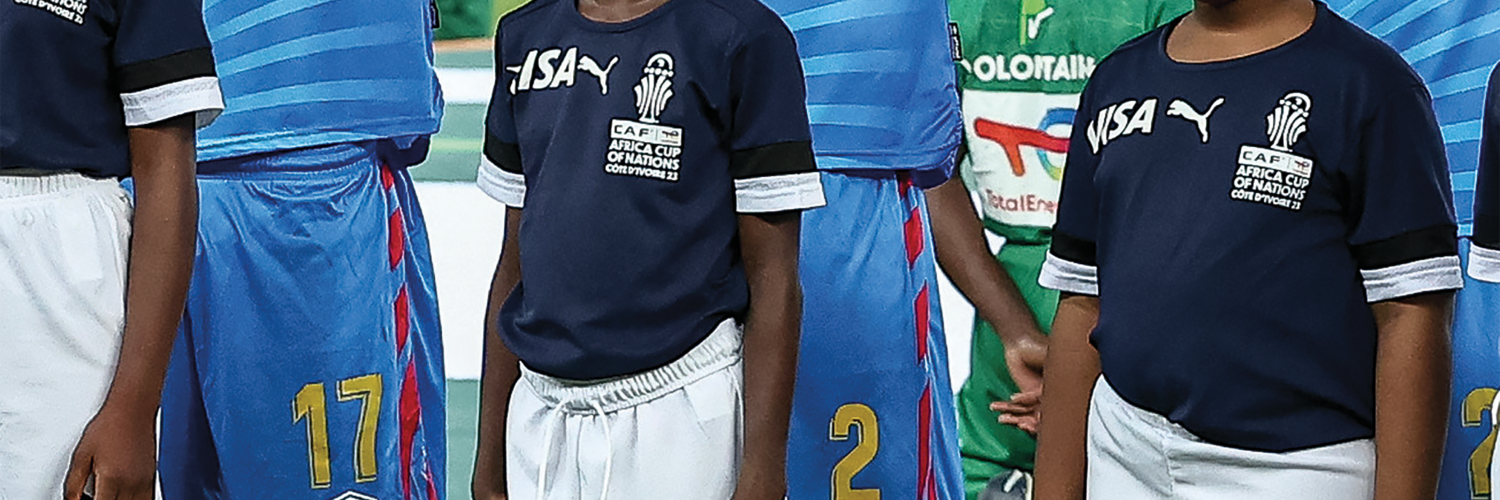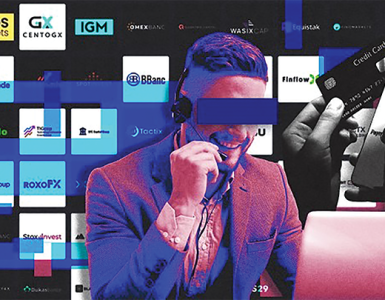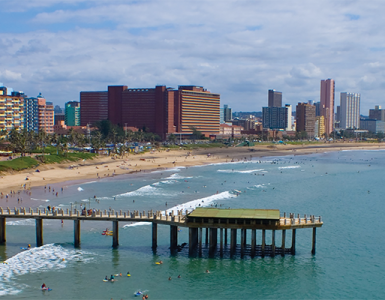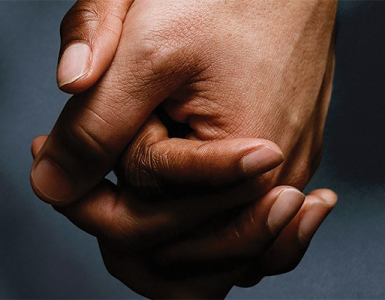PRESSURE: The central African country’s lawyers contemplating legal action against computer giant in the event of impasse…
By Monk Nkomo
International lawyers representing the Democratic Republic of Congo government have given American multinational Apple three weeks to respond to serious allegations that they were aiding the plunder of minerals from its territory by using them to manufacture their products.
The DRC has accused the company of using illegally exported minerals from the war-torn east of the African country, challenging the iPhone maker’s assertions that it carefully verified the origins of materials in its devices.
Lawyers for the DRC government have written to Apple chief executive, Tim Cook, with a series of questions in a letter dated April 22, 2024, according to the Financial Times. The government was questioning Apple Inc about its knowledge of ‘’ blood minerals’’ from a conflict zone in the country that could be smuggled into its supply chains. The government demanded answers within three weeks.
In the letter, Washington-based law firm, Amsterdam and Partners LLP and Bourdon and Associes of Paris in France- alleges that Apple’s iPhones, Mac computers and other accessories, were “tainted by the blood of the Congolese people”.
The letter included a list of questions challenging Apple Inc. to show how it monitored its supply chains in a region where more than a hundred armed rebel groups operated, some of whom had been accused of carrying out mass killings of civilians.
The lawyers also indicated that they would seek instructions from the DRC government on what legal measures they were considering against Apple Inc.
An Apple spokesman this week declined to comment on the letter. Apple’s most recent disclosures on the use of so-called conflict minerals said the company had “no reasonable basis for concluding” that any of its tin, tungsten and tantalum smelters or refiners “directly or indirectly financed” armed groups in the DRC or adjoining countries.
The lawyers said they met with DRC President, Félix Tshisekedi in Kinshasa in September last year and had been retained by the government to investigate the alleged illegal exportation of so-called “3T” materials from the Congolese territory.
Tin, tungsten and tantalum are critical in the manufacturing of smartphones and Apple’s sourcing of the minerals has long been under scrutiny. The iPhone maker has increasingly put claims of environmental and social responsibility at the heart of its marketing campaigns.
The DRC government lawyers said they sent letters to Cook and the company’s subsidiaries also raising concerns about human rights violations involving the minerals extracted from mines in the country’s troubled east of Africa that might end up being used in the company’s products.
“It has become clear to us that year after year, Apple has sold technology made with minerals sourced from a region whose population is being devastated by grave violations of human rights,” the DRC lawyers said in the letter.
“The iPhones, Mac computers and accessories that Apple sells to its customers around the world rely on supply chains that are too opaque and that are tainted by the blood of the Congolese people.”
Eastern Congo is one of the most mineral-rich regions in the world but is also the site of a huge humanitarian disaster, with the armed groups fighting for years for control of the mines and the valuable minerals in them, and millions of people displaced and affected by worsening violence. The situation has deteriorated badly in the last few months.
Apple’s press representatives in Europe did not respond to a request for comment.
The company, which has a market value of around 2.6 trillion dollars, has denied using minerals from mines and regions where human rights violations took place and said it conducted business ethically. It said in a 2023 report that it “responsibly” sourced minerals in Congo and its neighbouring countries.
The minerals it bought did not finance war or armed groups.
The Congo government had suspicions that some of the tin, tungsten, tantalum and gold — known as the 3TG critical minerals — that Apple sourced from suppliers, was smuggled out of Congo to neighbouring Rwanda and then infiltrated into the global supply chain. The 3TG minerals were key components in electronics.
The DRC government has also accused Rwanda of financing and directing the notorious armed rebel group M23 in eastern Congo to help extract minerals illegally.
Rwanda denied the claim but tensions between the countries were increasingly high while M23 and other groups were accused of regularly carrying out attacks that included the killing and raping of civilians, according to Human Rights Watch.
Lawyers for the DRC government quoted a 2022 report by the non-governmental organization, Global Witness, that claimed Apple Inc. had previously applied “few meaningful mitigation measures” to avoid using smuggled minerals.
The government was now seeking “effective redress” against “end-users of blood minerals” across the world, according to their lawyers.
They asked Apple to respond to questions over its supply chain controls within three weeks and said they had compiled a report on “the laundering” of Congo’s minerals by Rwanda and private entities that would be made public this month.
Analysts and Congolese officials said various armed groups controlled strategic supply chains into Rwanda and Uganda.
A Congolese mining belt running along the DRC’s borders with Uganda and Rwanda held some of the world’s largest deposits of coltan, the ore from which tantalum was extracted. This mineral-rich region was currently beset by fierce fighting between government forces and the M23 rebel group.
The UN, US and EU said the M23 was backed by neighbouring Rwanda, claims that Kigali does not acknowledge.
The M23 rebels controlled key trade routes for minerals between Lake Edward and Lake Kivu. Rwanda’s government has denied the country benefited from what Congo claimed was the one billion dollars a year it lost from the smuggling of minerals. In the midst of some of the fiercest attacks by the M23, the EU in February agreed to source critical minerals from Rwanda.
Lawyers representing the DRC government this week released a report claiming that Rwanda had used the rebel groups to launder “vast quantities” of key minerals from the DRC’s territory.
They alleged that the electronic components companies that supplied several technology, telecoms and defence companies, knowingly purchased laundered minerals from Rwanda.
Over the past decade, Apple Inc has been expanding its use of recycled materials in its devices to reduce its consumption of such metals and minerals.
The company said it was working towards a long-term goal of creating a “closed loop” supply chain, after pledging in 2014 it wanted to “one day stop mining the earth altogether”.
“Last year, more than 20 percent of the materials we shipped in Apple products came from recycled sources,” Apple said in its latest environmental progress report. This included more than 99 per cent of the tungsten in its products.
“In 2023, 100 per cent of the identified tin, tantalum, tungsten, gold (3TG), cobalt and lithium smelters and refiners in Apple’s supply chain completed assessments to verify compliance with our standards,” Apple said.






























